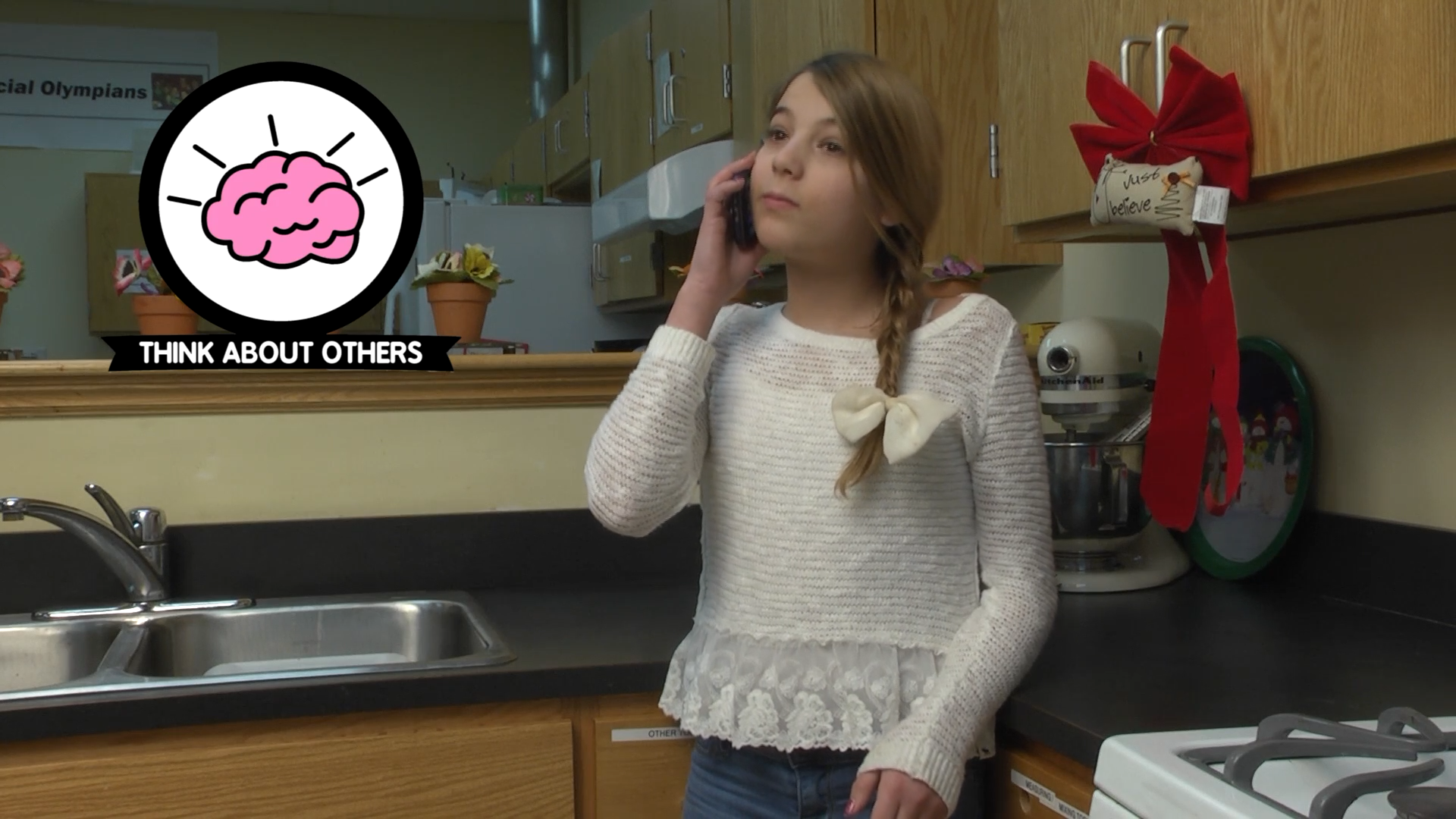
Introduction
Communicating effectively over the phone is a crucial skill for middle school students as they navigate the world of technology and social interactions. Teaching phone etiquette helps students understand the importance of respecting others’ time and boundaries while maintaining clear communication. This blog post will provide a no-prep activity, discussion questions, and related skills to help educators teach phone etiquette to middle school students, incorporating principles of Social-Emotional Learning.
No-Prep Activity: The Phone Call Role-Play
In this activity, students will practice making phone calls by role-playing different scenarios. No preparation or materials are required from the educator.
- Divide the students into pairs.
- Assign each pair a specific phone call scenario, such as making plans with a friend, calling a family member, or contacting a teacher for help.
- Ask the students to role-play the phone call, taking turns as the caller and the receiver. Encourage them to think about the etiquette rules, such as asking for the person they want to speak with, choosing an appropriate time to call, and being mindful of the number of calls made.
- After each role-play, have the students switch roles and practice a different scenario.
- Once all pairs have completed the role-plays, gather the class for a group discussion about the activity and the importance of phone etiquette.
Discussion Questions
- Why is it important to consider the time of day when making a phone call? How can calling at an inappropriate time affect the person receiving the call?
- How can proper phone etiquette help build and maintain positive relationships with friends, family, and teachers?
- What are some potential consequences of not following phone etiquette rules?
- How can you apply the principles of Social-Emotional Learning to improve your phone communication skills?
- What other forms of communication, such as texting or emailing, can benefit from applying phone etiquette rules?
Related Skills
Beyond phone etiquette, there are several other skills that middle school students can benefit from learning:
- Active Listening: Developing the ability to focus and genuinely listen to others during conversations, both in person and over the phone.
- Empathy: Understanding and sharing the feelings of others, which can help students navigate difficult conversations and maintain healthy relationships.
- Conflict Resolution: Learning to address disagreements or misunderstandings effectively and respectfully.
- Digital Citizenship: Understanding the responsible use of technology and online communication, including social media and messaging apps.
Next Steps
Ready to explore more Social-Emotional Learning activities and resources for your middle school students? Sign up for free sample materials from Everyday Speech to access a variety of lessons and activities designed to help students develop essential communication and social skills.

